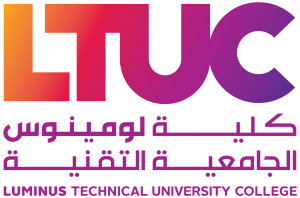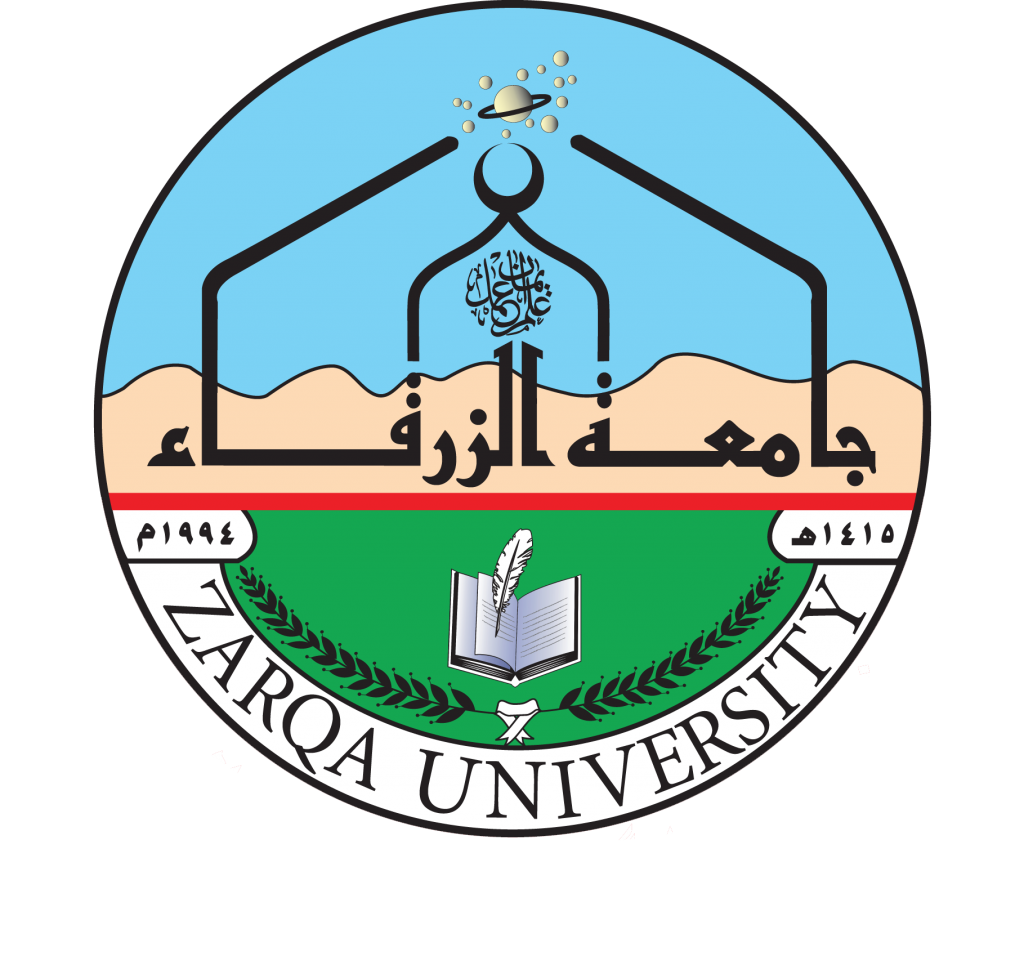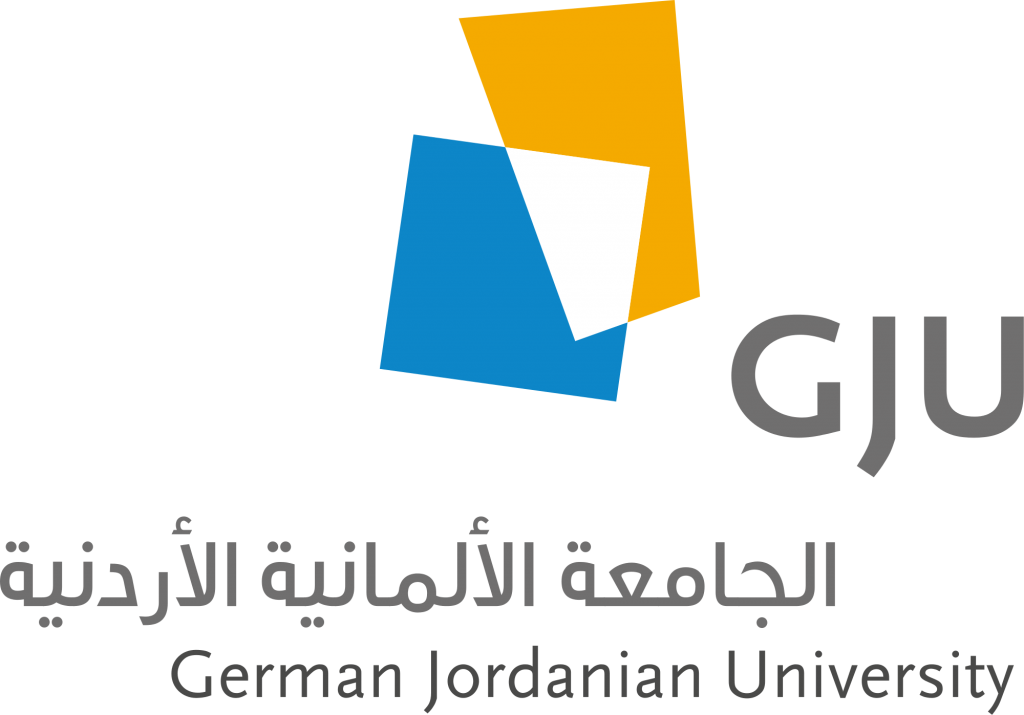
EDU-SYRIA responding to Corona virus

The impact of the pandemic of COVID-19, the illness caused by the novel corona virus, has touched almost every organization in the world, including EDU-SYRIA and its partners.
Corona virus is a respiratory disease first identified in December in China. On Jan. 30, the World Health Organization declared the outbreak a public health emergency of international concern. On March 2, 2020, the government of Jordan confirmed the first case of corona virus. As the number of corona virus cases increased, schools and universities were closed and public gatherings were banned on 14 march 2020 until further notice.
We urge our students and their families to take precautions to protect themselves from contracting the virus by: washing your hands often and thoroughly, putting distance between yourself and others, and staying home.
EDU-SYRIA activities
EDU-SYRIA is closely monitoring the corona virus pandemic, and continuously assessing the potential impact on EDU-SYRIA students, partners, and events.
For the sake of our students and staff safety, we have postponed all planned activities and events until the national curfew is over and there will be no health risk in conducting any event.
Meanwhile, we will continue to support our scholarships recipients with the semester allowances as usual.
EDU-SYRIA team continues to regularly monitoring the academic progress of our students, and keeps constant communication with students, to be aware of their issues and needs.
Partner universities announcements as well as useful information about the prevention of corona virus are regularly shared with students over social media.
To date there are no reported cases at EDU-SYRIA partners nor among EDU-SYRIA students. we will provide our full support in case –Allah forbid- any of our students is infected with corona virus. The situation continues to evolve rapidly, and we will make further adjustments as needed.
EDU-SYRIA students
EDU-SYRIA program has granted so far 1800 higher education and vocational education scholarships for Syrian refugees and vulnerable Jordanian youth. 950 students are currently enrolled in a partner university for the second semester 2019/2020, and they are as well subject to distance learning process.
Since the emergence of corona virus disease 2020 (COVID-19), partner universities of EDU-SYRIA has established a set of safety protocols and public health measures for ensuring the well-being of students, faculty, and staff.
EDU-SYRIA Partners response
In response to the national curfew due to the spread of corona virus, our partners of different Jordanian educational institutes are developing innovative solutions to switch to distance learning and ensure its effectiveness for the continuity of the learning process.
1. Luminus Technical University Collage:

Luminus has implemented a “Transformation Plan”, to move to virtual learning to minimize the effect of the current situation on their students’ education. The plan enforces the following actions:
- Luminus has implemented virtual classes for 5,000 students undertaking the 2-year Diplomas and 5/4/3 year degrees. The classes are continuously being monitored and evaluated.
- Luminus Learning Management System (LMS) could be accessed through mobiles phones, in addition to the mobile app. This made it easier to students whom are vulnerable Jordanian youth and refugees to stay connected. Data showed that 70% of students are accessing the virtual classes through their phones.
- Luminus provided all its students with free internet connection, to ensure effective distance learning, as a result of a recent conduced survey which informed that 20% of student don’t have internet connection at all, and the remaining students reported limited access as all family members are utilizing data for work and education purposes.
- Since the target of vocational training diploma is to build skills and this requires physical practice, Luminus deemed necessary to deliver virtually the theoretical aspects of all skills programmes, to ensure that once students can return to classes, they are fully prepared to take the practical sessions and enter the job market with minimum delay.
- All teachers have been issued with laptops and routers to access the internet from home.
- All staff have been using virtual tools such as MS Teams and Stream, amongst others, to ensure continued productivity.
- All services are available to assist students remotely from 8:30am to 10:00 pm; Students can apply for the scholarships online or contact the Call Center for assistance.
2. Zarqa University

Zarqa University has activated its emergency plan to start teaching through the internet, and using means of communication and distance education as an alternative system to direct face-to-face education. To ensure the continuity of the teaching process the university has applied the following actions:
- Faculty members have received additional training to maximize the use of the university’s online learning tool “Moodle” and the best practices of distance learning. They were also provided with the necessary equipment to help them carry out their duties in the easiest way.
- All classes are continued to take place on their scheduled times through the eLearning system.
- University Library: All books and the databases of the university library are available online, and extend the borrowing period for all books until the studies suspension ends.
- An additional extracurricular virtual cultural exchange program is offered for free to students on Soliya portal. Soliya is an Erasmus+ initiative – Funded by EU- that provide cultural exchange programs that provides young adults with a unique opportunity to join a dialogue group with peers from Europe, the Middle East, and North Africa, to establish a deeper understanding for the perspectives of others around the world and explore perspectives and achieve better understanding of cultures.
3. Yarmouk University

Yarmouk University (YU) has an already active online learning system, where all learning materials were uploaded and made available to students. To fully switch to distance learning YU has applied the following actions:
- Activate all classes on eLearning system, and upload all learning materials, tasks requested from students’ and homeworks for all faculties in the university.
- Postpone all exams until further notice, and no online exams shall be held.
- Provide a free internet bundle for all students to support their distance learning
4. Jordan University of Science and Technology:

On the first week of distance learning (March 14) JUST has moved 88% of theoretical classes to online learning tools and by Tuesday 31 march 2020, JUST has completed moving all theoretical classes to distance learning, through different online real-time learning tools: Zoom, BigBlueButton, Skype, and Microsoft Teams. In addition to non-real-time online learning tools: Video-based lectures, YouTube, Discussion forums. JUST has applied the following action:
- 1100 theoretical classes from different university faculties are now active online and attended by almost 25,000 students, in the same time schedule of normal study. This is building up on the already existence section for each courses on the university’s eLearning system. The system is used by minimum 15,000 users every day.
- The eLearning centre is available to support staff and students with any technical problem, in addition to provide support for different software including Microsoft office and skype.
- Facilitate Maser’s theses discussions through online learning tools.
- University Library: the extension period for all borrowed book is automatically extended, the library databases are available online.
5. German Jordanian University (GJU):

To maintain the progress of the teaching process through eLearning and distance education GJU has informed its academic staff about the platforms and tools that are officially supported by the GJU’s information systems and technology center. Links to various video (and other) tutorials are provided to help the GJU staff prepare and deliver online content.
GJU also conducted a survey to measure the effectiveness of eLearning methods in distance learning under this pandemic circumstance, for future planning.
- The supported platforms and tools are:
- Video conferencing/recording, chat, whiteboard, and screen-sharing platforms: Microsoft Teams, Skype for business, and BigBlueButton in Moodle
- Video streaming and archiving platforms: Microsoft Stream and YouTube
- File storage, access, and sharing platform: OneDrive
- Learning management systems: MyGJU and Moodle
- Authoring tools: Microsoft Office 365 tools such as: Word, PowerPoint, Excel, OneNote, and Whiteboard
- Email: Microsoft Outlook
- The supported actions are:
- Streaming and recording a live interactive lecture and then uploading it to Stream.
- Recording a lecture offline and then uploading it to Stream
- Recording a lecture that requires handwriting offline with a webcam
- Recording a lecture that requires handwriting offline without a webcam
- Interactive chat scenarios with students
- GJU library support the e-learning process at GJU by:
- Provide online collection of books
- Provide free trial to different libraries around the world that covers a wide variety of Books, Journals, Thesis and videos to researchers.
- Extension of the borrowing period for all borrowed books automatically
